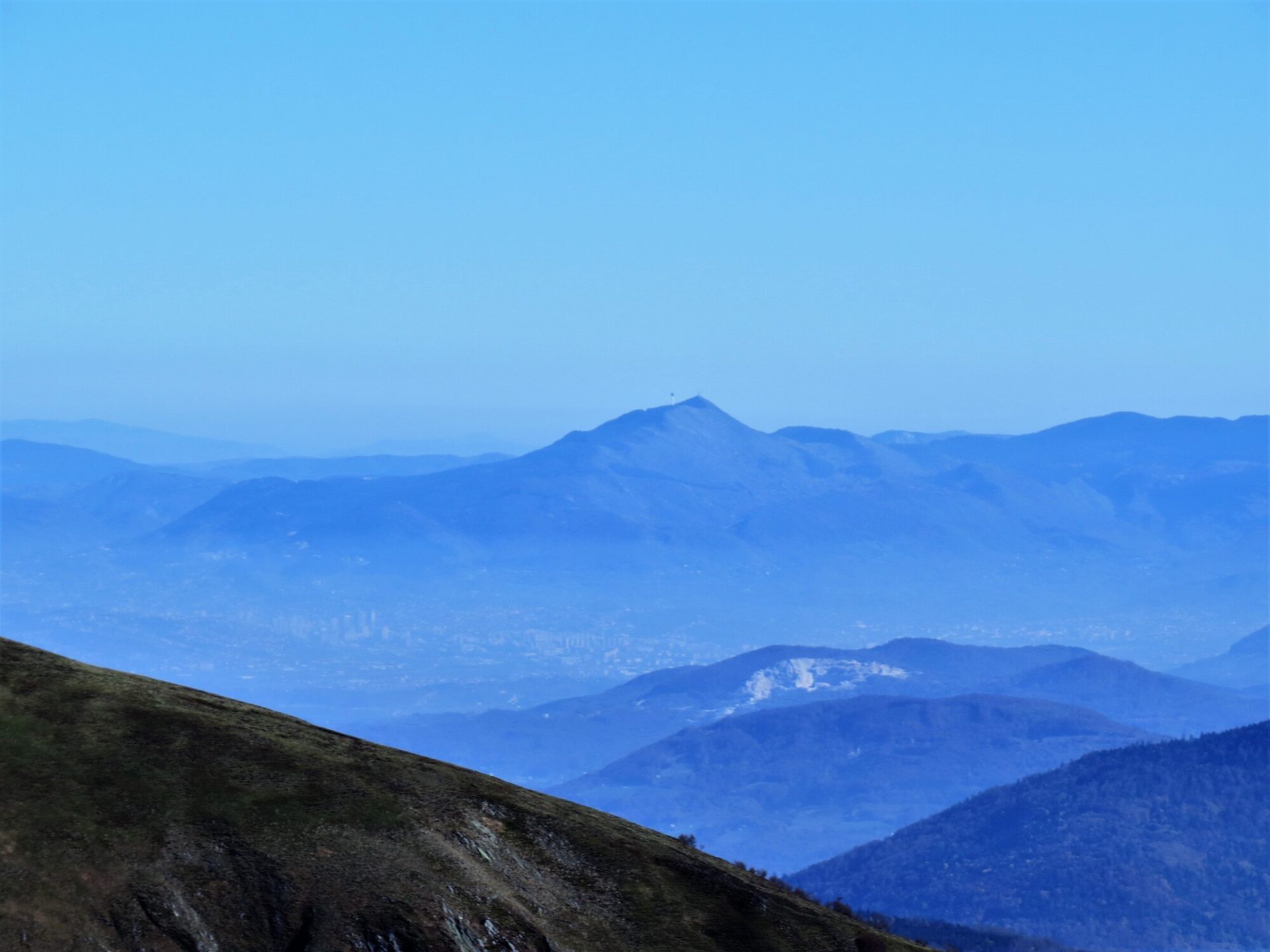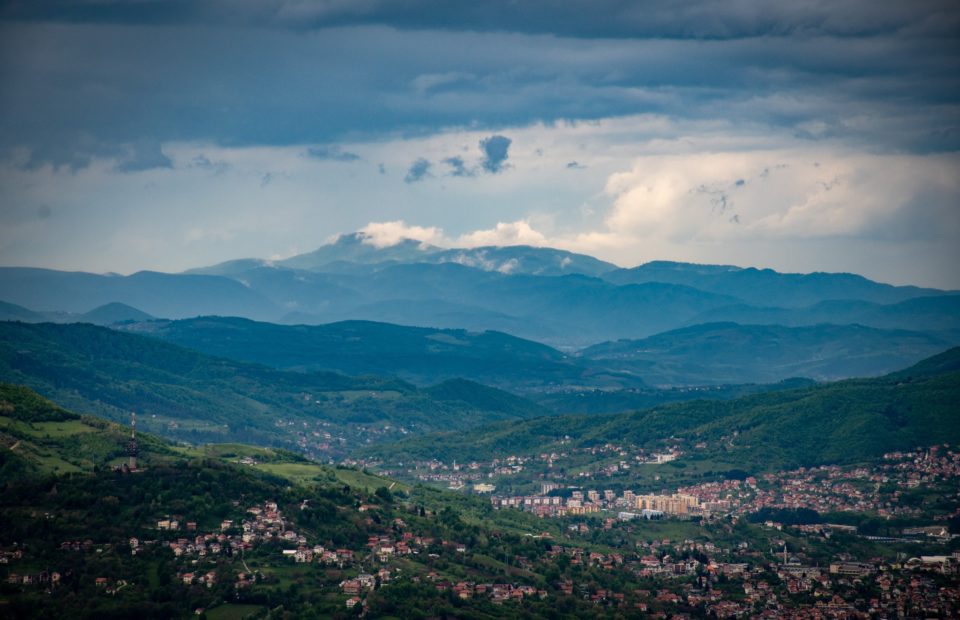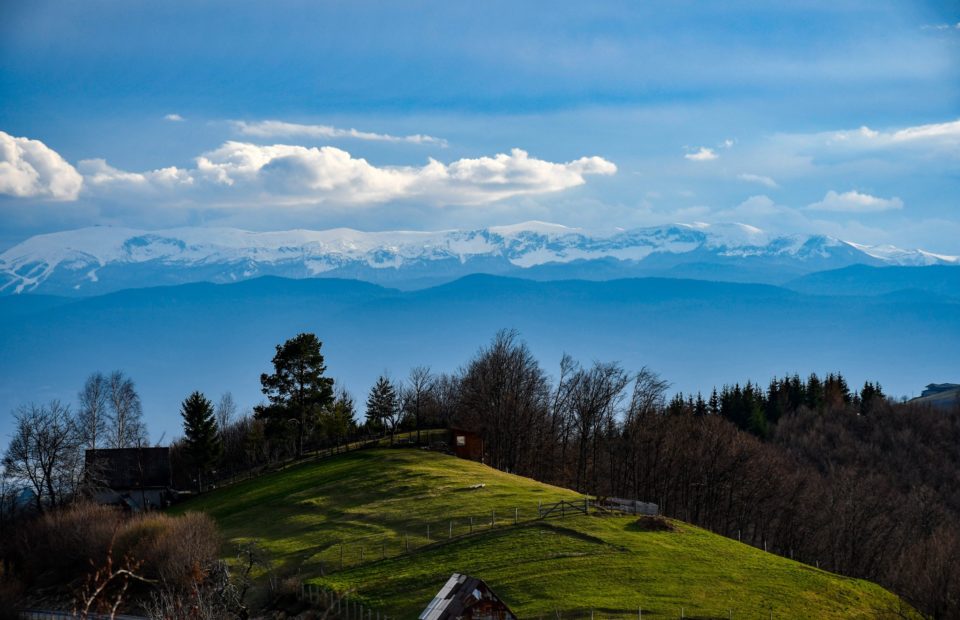
The mountains of Bosnia and Herzegovina (BiH) are increasingly popular winter tourist destinations, attracting visitors for winter sports, outdoor activities, and ecotourism. Their appeal lies in the clean air, numerous resorts, scenic mountain trails, and easy access to areas of exceptional natural beauty.
Winter tourism has flourished in BiH due to greater investments in winter recreation centers. Both domestic and foreign tourists are choosing the mountains of BiH for sporting activities—including skiing, snowboarding, sledding, bobsledding, paragliding, and hiking—as well as for relaxing vacations and rich cuisine.
A recent publication by the Foreign Trade Chamber of BiH notes that winter tourism emerged and developed significantly in BiH during the Yugoslav period. Today, after post-war reconstruction, the country is a major ski tourism destination.
“The Olympic mountains of Jahorina, Bjelašnica, and Igman are a great example of mountain tourist destinations in Bosnia and Herzegovina that have gone through several stages of tourism development. Before the Winter Olympic Games, held in Sarajevo in 1984, most of the activities on these mountains were related to mountaineering, and one-day or weekend skiing,” according to Winter Tourism.
The publication continues that a turning point in tourism development came with the construction of Olympic tracks for alpine and Nordic skiing, ski jumps, hotels, and other necessary communal and transport infrastructure. During the war in the early 1990s, winter tourism development was completely halted, and all pre-war hotels and associated infrastructure were destroyed. In later years, part of the accommodation capacity was restored, strengthening the tourism sector.
“Tourist development is marked by a diverse offering that enables numerous forms of tourism in different seasons, with a particular emphasis on the winter season and large-scale ski tourism,” according to the publication.
Skiing, Open-Air Spas, and Relaxation
Beyond Sarajevo’s Olympic mountains, there is also a ski resort on Ravna Planina, located in the village of Gornje Pale, that has been open to visitors since the 2014/2015 season. The most popular skiing destination in central BiH is Mount Vlašić, where a ski resort was developed in 1978, when the Olympic Committee decided that the 1984 Winter Olympic Games would be held in Sarajevo. This resort was characterized as a reserve location in case there was not enough snow on Bjelašnica and Jahorina.
The Sarajevo Winter Olympics also led to the opening of the Rostovo Sports and Recreation Center in 1984 in Bugojno municipality. Closed in 1991, the center was renovated and reopened in 2006, intended for winter sports as well as relaxation throughout the year.

About a half-hour drive from Rostov, in the Kupres region known as “Little Siberia,” is the Adria Ski Hotel, which has a long skiing history and tradition. This popular ski resort from 1980 is known to skiers from BiH and abroad, with the majority of guests in recent years coming from Dalmatia. Completely destroyed during the war, the hotel and ski resort was privatized and renovated in 2001, which included the construction of new ski lifts.
In northeastern Kupres, on the slopes of Mount Stožer, there is the Stožer Vrana Center, the Kupreška Kuća restaurant—with a seating capacity of 200—and the Kraljevac Hotel. These facilities are only ten meters away from the starting station of the ski lift.
The Blidinje Ski Center opened after the war and pursued additional investments in the coming years. Today, they receive many visitors and report an increase in guests from surrounding cities, from Dalmatia, and from Austria and Germany.
The Kozara Ski Resort was founded in 2002 through the initiative of the Ljubijski Rudar Mountaineering Ski Association, with the aim of promoting skiing among children and young people—a goal they still have to this day.
In Kladanj municipality, the Karaula ski lift is the only sports facility of its kind in Tuzla Canton and northeastern BiH.
About 20 kilometers from Kakanj is the Ponijeri Mountain Resort, situated at an altitude of 1,200 meters. In addition to skiing, Ponijeri also boasts an open-air spa due to its elevation.
Modern Amenities and Entertainment
Among popular ski resorts in BiH, Jahorina, Bjelašnica, Vlašić, and Kupres receive the highest number of visitors. Each of these destinations has its own character, with Jahorina increasingly recognized as a luxury ski center with modern facilities and a rich selection of après-ski entertainment. It is followed by Bjelašnica, which offers challenges for experienced skiers as well as for families with children. Vlašić and Kupres are ideal for a quiet vacation and enjoying nature, and are especially popular with guests from Croatia and Serbia.

The mountains in BiH are especially popular during the New Year holidays with those who want to vacation outside the city, seeking to escape the noise while also socializing, having fun, and enjoying snow and clean air. The mountains are becoming more modern and well-equipped, as well as offering a greater variety of accommodation. Visitors now have the opportunity to ski both day and night, enjoy spa services—such as hot pools, saunas, massages—play games like billiards, table tennis, and bowling, and partake in cuisine and social gatherings, which local and regional stars often attend.
According to the data of tourist agencies from the Federation of BiH and the Republika Srpska entities, the number of visitors to the country is increasing every year. Along with tourists from the region, there is a noticeable increase in the arrival of guests from Turkey and the United Arab Emirates. The growing number of travel agencies offering winter arrangements in BiH reflects this growing interest.
The influx of visitors flocking to the mountains of BiH has also presented challenges and drawn criticism. Underdeveloped infrastructure, limited seasonal accommodation capacities, and higher prices in some centers are a source of criticism, mostly from domestic visitors. Additionally, the preservation of the natural environment is becoming an increasingly important issue due to the impact of mass tourism.
With infrastructural investment, digitalization, and sustainable development, BiH has the potential to become a major European tourist destination—not only in the winter but year round. This potential also extends beyond larger cities such as Sarajevo, Mostar, and Banja Luka.
Sanjin Bubalo, director of the Visit Konjic agency, emphasized that in recent years, there has been a visible increase in interest in outdoor tourism and active vacations.
“After the challenges of the pandemic, tourist packages have been enriched with nature trips,” said Bubalo. He noted that their guests are mostly foreign tourists, and they are very pleased at new markets opening up such as England, the Netherlands, and Germany.
_______________






